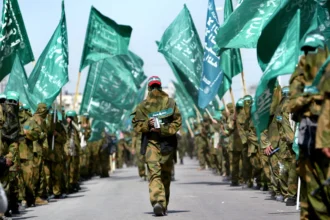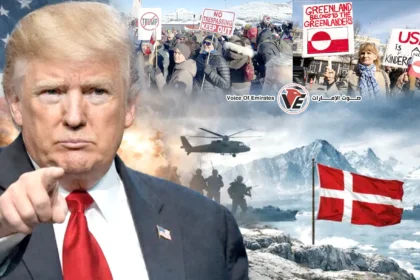Cairo, Egypt – Iran faces the threat of reimposing comprehensive UN sanctions. This coincides with the approaching expiration of the 30-day deadline granted by the European Union (EU3) (Britain, France, and Germany) within a mechanism. The deadline was activated after Tehran was accused of violating its nuclear commitments. By Saturday evening, Iran will be at a critical crossroads: either reach a new settlement or face the return of all previous Security Council resolutions with all their provisions.
Background to the nuclear agreement
The 2015 agreement between Iran and the major powers (the United States, Russia, China, Britain, France, and Germany) stipulated the lifting of sanctions in exchange for restrictions on Iranian nuclear activities. However, the withdrawal of the administration of former US President Donald Trump in 2018 led to the reimposition of US sanctions. As a result, Iran has gradually begun to back away from its commitments.
What do UN sanctions mean?
Re-imposing sanctions will include a ban on the sale and purchase of weapons, a ban on uranium enrichment and reprocessing, a ban on the development and testing of ballistic missiles, and an asset freeze and travel ban on Iranian individuals and entities.
This scenario would mean renewed international isolation for Tehran and restrictions on its trade and financial dealings beyond US sanctions alone.
Iranian position
The International Atomic Energy Agency (IAEA) has confirmed that Iran has increased its uranium enrichment to 60%. This raises Western concerns that it is approaching the threshold needed to produce a nuclear weapon. Tehran, for its part, denies seeking nuclear weapons and maintains that its program is peaceful. However, it warns that reimposing sanctions will push it to withdraw completely from the nuclear agreement.
Attempts to calm the situation
Russia and China have proposed a draft resolution to extend the agreement for six months, but it has not yet been put to a vote. The European Troika has offered a short-term technical extension to allow for negotiations, but positions remain divergent.
Washington is pushing for escalation.
The United States supports the reimposition of sanctions, arguing that Tehran is exploiting the delay to build up its nuclear capabilities. Indirect talks between the two sides have also stalled since the June attacks on nuclear and missile facilities inside Iran.
Post-Saturday scenarios
Re-imposing sanctions will lead to stifling economic isolation and further restrict Iran’s oil exports.
Extending the negotiations gives the parties a new opportunity to resolve their differences.
A complete Iranian withdrawal from the agreement would open the door to a new nuclear crisis that could ignite an arms race in the region.
















